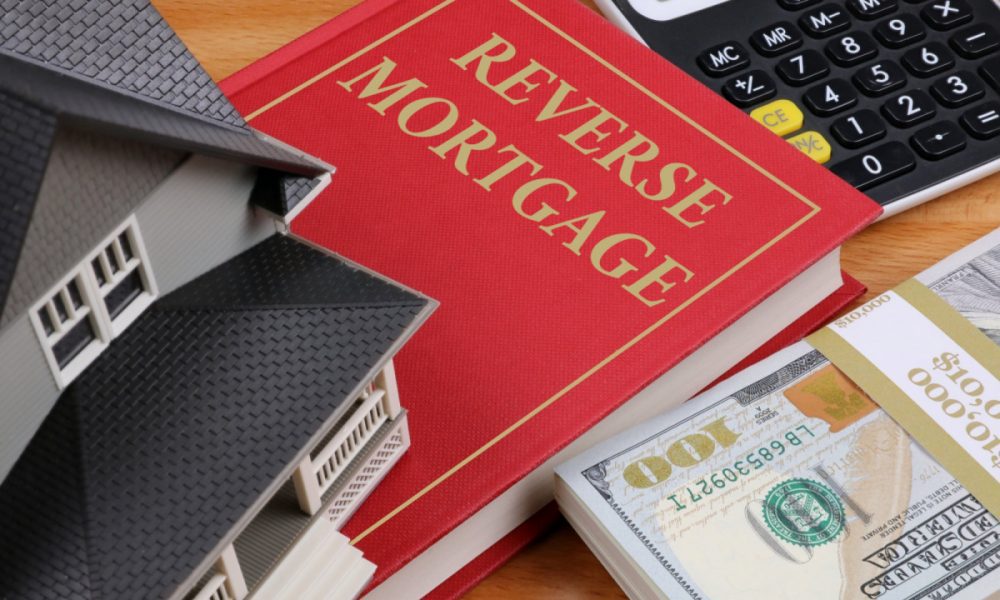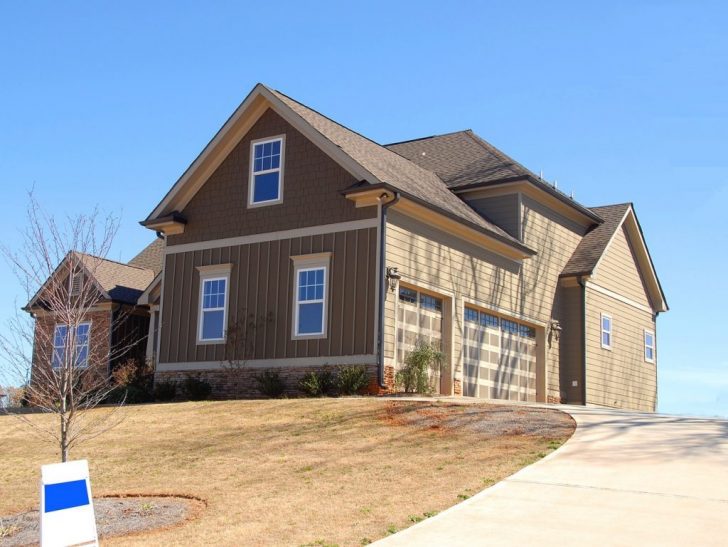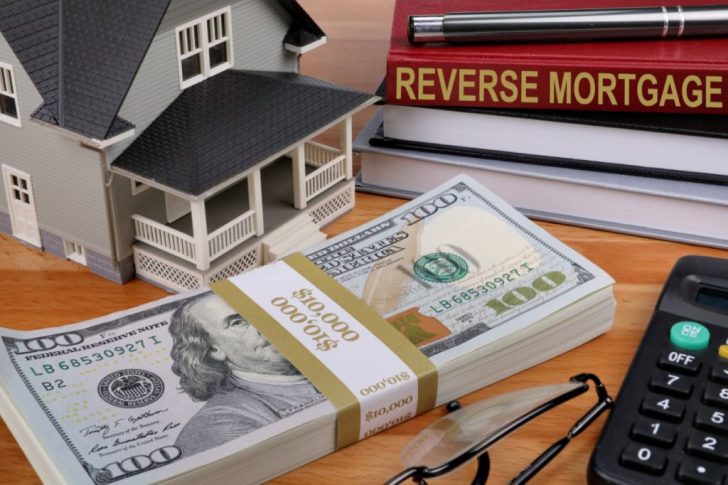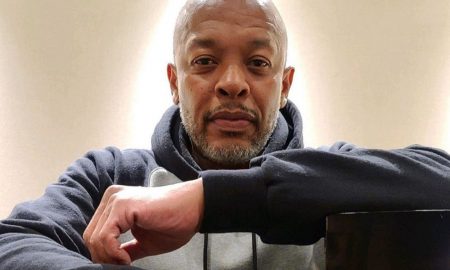
Reverse Mortgage: What Are The Pros and Cons?

If the term “reverse mortgage” could be described in one simple word, it would be that it is a type of loan. A reverse mortgage is a way for homeowners aged 60 and above, and have considerable home equity in their homes. With a reverse mortgage, the homeowner who owns their home outright, or at least has considerable equity to draw from, can withdraw a portion of their equity without having to repay it until they leave the home. Unlike a forward mortgage, the type used to buy a home, a reverse mortgage doesn’t require the homeowner to make any loan payments.
The loan is repaid when the borrower no longer lives in the home. Each month, interest and fees are added to the loan balance and the balance grows. With a reverse mortgage loan, homeowners are required to pay property taxes and homeowners insurance while using the property as their principal residence and keeping their house in good condition.

Pixabay/ Pexels | Usually, borrowers or their heirs pay off the loan by selling the house and securing the reverse mortgage
Regulators and academics have given mixed opinions on the reverse mortgage market: Some economists argue that reverse mortgages may benefit the elderly by smoothing out their income and consumption patterns over time. However, regulatory authorities, such as the Consumer Financial Protection Bureau, argue that reverse mortgages are “complex products and difficult for consumers to understand,”, especially in light of “misleading advertising”, low-quality counseling, and “risk of fraud and other scams”.

Nick Youngson/ Pix4free | A reverse mortgage is simply a loan and financial tool designed to help you retire better
Pros of reverse mortgage
You can manage expenses more efficiently during retirement
Many seniors experience a significant income reduction when they retire, and monthly mortgage payments can be their biggest expense. With a reverse mortgage, you can supplement a diminished income and continue to pay your bills.
You might be able to stop a foreclosure
If you’re behind on payments on a regular mortgage and facing an impending foreclosure, getting a reverse mortgage to pay off the existing mortgage could be one way to save your home. After taking the loan proceeds from a reverse mortgage (typically a lump sum) and paying off the existing loan, the foreclosure will stop.

Andrea Piacquadio/ Pexels | Reverse mortgages may be less expensive than other home equity loans
Cons of reverse mortgage
Your children may have to pay substantial bills
With a traditional loan, the debt decreases every month but since there are no mortgage payments with a reverse mortgage, the loan balance increases every month. Between interest and other costs, the debt may eventually exceed the home’s market value. So, if you want your children to inherit the house in the future, they could be stuck with a substantial bill.
Your home can be foreclosed
Since reverse mortgages don’t have required monthly payments for principal and interest, it might seem as though foreclosure is impossible. However, in truth, seniors can have their homes foreclosed if they do not pay property taxes or maintain homeowners insurance, or fail to pay HOA dues.
More in Investments & Savings
-
`
How to Spend Money to Maximize Your Happiness
Money can not buy you happiness, or so the old saying goes. But let’s be real for a moment: Having a...
December 6, 2023 -
`
Brad Pitt’s Potential Retirement Plans
Hollywood superstar Brad Pitt is making headlines again, and this time, it’s not about his latest blockbuster or a high-profile relationship. Recent...
November 29, 2023 -
`
How to Rebalance Your Portfolio to Stay on Track
Investing can be rewarding, but the journey to success is not without its twists and turns. Maintaining a well-balanced portfolio is...
November 20, 2023 -
`
Why Millennials Are Investing in Real Estate
In recent years, there has been a noticeable shift in the real estate landscape, with an increasing number of Millennials diving...
November 18, 2023 -
`
Nina Dobrev and Julianne Hough | From Friends to Business Partners
In the world of wine, where passion meets business, best friends Nina Dobrev and Julianne Hough prove that mixing friendship and...
November 7, 2023 -
`
Cha-Ching! Dr. Dre’s Ex-Wife’s $100 Million Divorce Settlement
In the world of Hollywood’s tumultuous divorces, Dr. Dre and his ex-wife Nicole Young’s split takes center stage as one of...
November 1, 2023 -
`
Joe Jonas and Sophie Turner’s Surprising Showbiz Wealth
Joe Jonas and Sophie Turner, the power couple of Hollywood, have managed to amass quite a fortune during their illustrious careers....
October 29, 2023 -
`
10 Best Money Tips to Secure Your Financial Future
Money is vital in our lives, impacting our day-to-day well-being and long-term financial security. Whether you aim to save for a...
October 19, 2023 -
`
The World’s Richest Celebrity Couples
Love and fame are not mutually exclusive, and when the two worlds collide, they create a magnetic force of success and...
October 3, 2023















You must be logged in to post a comment Login